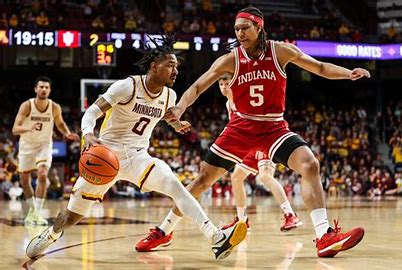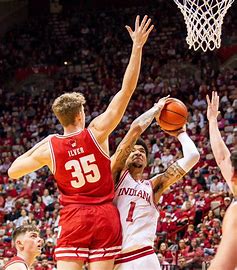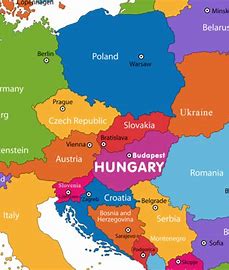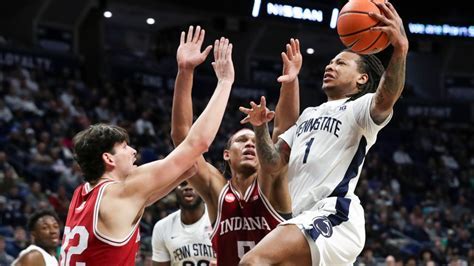Indiana does lead the all-time series against Wisconsin. 97-81. However, the Badgers, have been victorious in 11 of the last 13 matchups. Indiana has not won a game in Madison since 1998 so it’s a good thing the game’s in B-Town. To be fair, IU has shown some series dominance, a 31-game win streak against Wisconsin from Feb. 28, 1980, all the way until March 2, 1997. The good old days! Who moved our cheese? Things were starting to stink for Coach Mike Woodson and Company.
Madison has been a nightmare story, with I.U. still stinging from earlier this season with that 19th straight loss against the “Cheeseheads.” They are stuck another year with the smell of the longest road losing streak against any opponent in program history — more than 100 years. The Hoosiers have also lost 17 straight away games against Michigan State from 1992- 2012, and dropped 12 straight road games against Purdue in West Lafayette from 1908 through 1922. This should be fuel for a good effort at home. We were in desperate need of a win and the odds were against us.
Kel’el Ware finished with 27 points and 11 rebounds to carry to a shaky 74-70 victory over Wisconsin. The game was delayed for 25 minutes in the second half because a fire alarm in the balcony was apparently pulled by some drunks. The alarm started blaring 25 seconds after John Blackwell had back-to-back layups to pull the Badgers even at 54 with 10:31 remaining. It definitely destroyed the Badger’s momentum and divided the game into thirds as both teams left the floor and Assembly Hall was evacuated, following state law.
At 7:48, Wisconsin found the magic first and put themselves in position to win with a 61-58 lead. With 1:07 on the clock the game was once again tied at 70, but I.U. had possession. Malik Reneau hit the go-ahead two but then immediately fouled out. The Badgers missed on a volley of threes, while Mackenzie Mgbako hit two critical free throws to seal the victory at 74-70. Xavier Johnson saw limited action and proved effective. It was I.U.’s first Quad 1 win of the season, but not nearly enough to earn them NCAA tourney consideration. They “cut the cheese” on that season goal.
The women’s game against Northwestern was much easier to watch. The other Mackenzie had 28 points and nine rebounds, while Sydney Parrish added 11. points and 10 rebounds. No. 14 Indiana comfortably beat Northwestern 84-64, earning its fourth straight win in the series.
Mackenzie Holmes, a graduate student, surpassed Steve Alford (2,348) to become the second all-time leading scorer amongst Indiana’s men’s and women’s programs. She ranks first amongst the women’s record book with 2,375 career points. Her next goal is to surpass Calbert Cheaney who scored 2,613 points from 1989-93.
Both the men and women “Mac’s” battle Maryland Sunday, but Mgbako and his teammates will have to do it on the road. Holmes gets to stay home.









